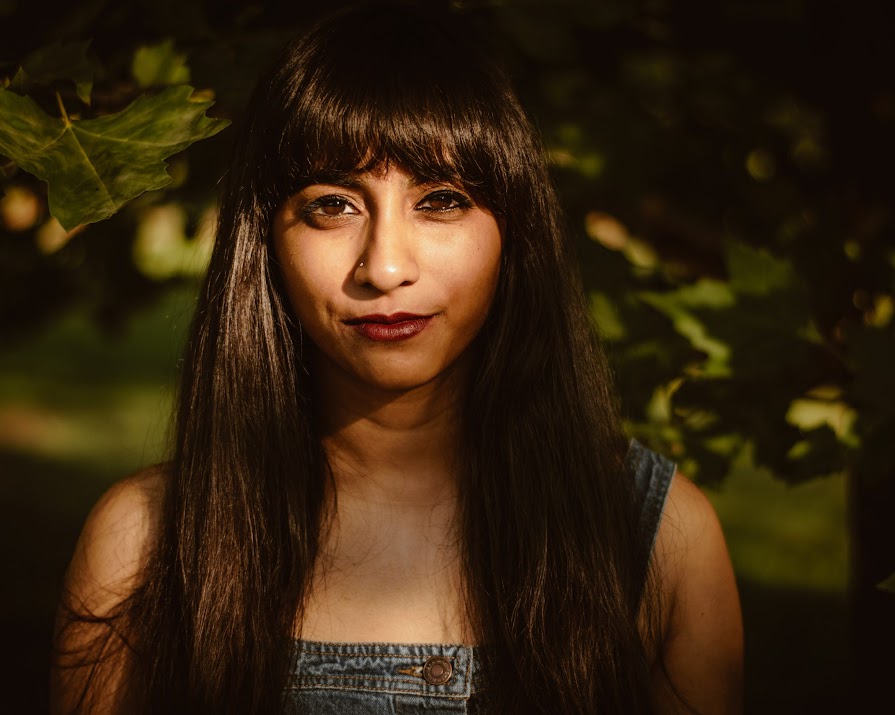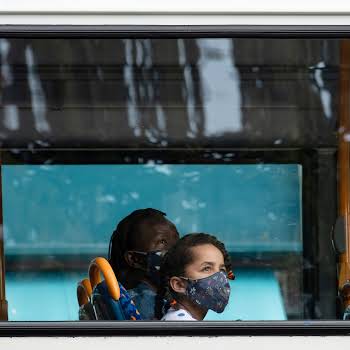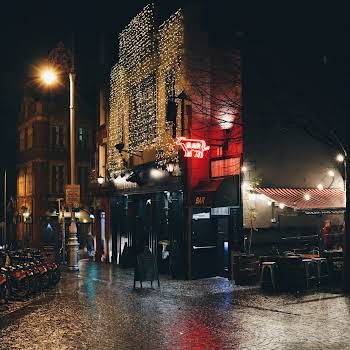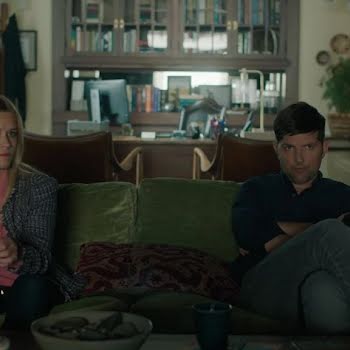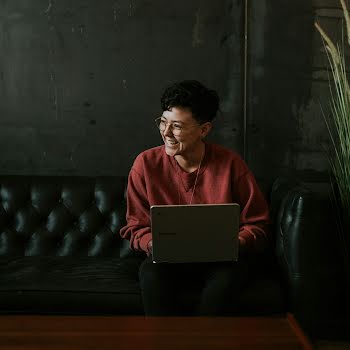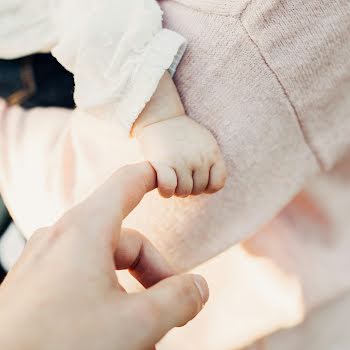‘My home is suffocating, the ash from the crematorium raining down on those who survive’
By Sree Sen
11th May 2021
11th May 2021
"In my hometown, if you are lucky enough to be resourceful, lucky enough to be rich, lucky enough to have the right kind of immunity, if you are plain and simple lucky, you live."
Sree Sen moved to Westport from Kolkata, India in 2019. In this poetic and moving piece, she watches from afar as her home and her family are decimated by the virus.
I haven’t lost anyone in my close personal circle to Covid but I dread waking up every day to the news of it. After all, I’m from India. Instead, I wake up to the glorious view of a tree-lined river in Westport, from the bedroom window of a new apartment my husband and I moved into a couple of weeks back.
We first touched down at Dublin international airport mid-2019 to pursue Masters at the University College Dublin. It was awkward at first, finding ourselves at a campus nearly a decade after we had done our undergrads. Before we could settle in, at the beginning of semester 2, our lives changed. The studio that we could afford became our jail cell, until now. If you ask us why we crossed the breadth of Ireland to move to a place we’d only heard about and never visited, I can give you one rational answer: Dublin rent is too high.
I don’t know why a daughter lost her father overnight, a woman’s own breath betrayed her, why the death certificate says heart attack, not Covid. Where I come from – Kolkata, West Bengal, an eastern state of India – holds all my firsts in its bosom. Kolkata is resplendent in tradition and modernity clashing together, living together. Yet my home is suffocating, the ash from the crematorium raining down on those who survive. The people I love, no longer laugh and when they do, it’s a hollow sound. I wake up to the glorious view of a tree-lined river in Westport and I’m heartbroken for the collective loss of many.
The people I love, no longer laugh and when they do, it’s a hollow sound.
The magnitude of it is unimaginable. Even when numbers are underplayed, it stands at around 370,000 cases today in daily infection rates and 3,700 new deaths in India, as reported here. The healthcare system, already in dire straits before the pandemic, is being held together with toothpicks. The Bharatiya Janata Party, which currently forms the central government, held huge political rallies until recently, Prime Minister Narendra Modi hosting a few of them personally. The commoners on the other hand are losing lives, jobs and sanity while struggling to keep their affected loved ones breathing. Life-saving medicines and oxygen cylinders are the new gold trafficked in underground black markets. But then, if you are the top one percent of the elite, receiving optimal and high-quality medical treatment is simply your birthright.
For the rest 99%, it’s the local heroes who have come forward, setting up a chain of information, requirements, supply sources that one can tap into. Social media and chat services are being used to pass on any crucial bits of data. There are stories of individuals who’ve welcomed penury with open arms, even if it means paying for a dying man’s oxygen cylinder. Stories of hope trickle in, failing to dissipate the darkness enveloping the country. Every other day, for the past month or so, I’ve heard of a death. My own family recently recovered from Covid and I feel extremely lucky that there weren’t any complications, that I wasn’t one of the many travelling home on a bereavement ticket.
Life-saving medicines and oxygen cylinders are the new gold trafficked in underground black markets. But then, if you are the top one percent of the elite, receiving optimal and high-quality medical treatment is simply your birthright.
My childhood friend in Kolkata has Covid for the third time in the past year. When I spoke to her a few days back, through her convulsions and breathlessness I could barely make out that she was saying “I’m sorry”, repeatedly. Since then I go to sleep with a pit in my stomach, my ringer on loud, waking up to my fingers stiffly opening chats. The distance has made me paranoid, fearful of missing any calls, afraid that I’m not doing enough, wishing desperately that this nightmare ends. This isn’t just my story. This is the story of every individual in my motherland. Our cumulative lament has turned into a tsunami of grief crashing over the sickly earth, waiting for a spring that never came, waiting.
Ireland has committed to an emergency donation of “vital emergency material, including 700 oxygen concentrators” to India but the international community has so far turned a blind eye towards the lack of governance and accountability. As the second most populous country in the world, India’s predicament – from the rise and spread of new variants to economic and social instability – will have a global domino-like effect. Agreed that the healthcare sector had been in shambles before this government, yet the centre’s stance of this pandemic has been one of ostrich in a dust storm. Given ample data and time to prepare, they chose not to.
My childhood friend in Kolkata has Covid for the third time in the past year. Through her convulsions and breathlessness I could barely make out that she was saying “I’m sorry”, repeatedly.
Keeping aside political and financial aspects, the sheer tragedy of India’s situation should have attracted genuine questions, if not condemnations, from the international community. If you are Indian and practising democracy by criticising the government or its leaders, you will end up behind bars. In March 2021, US-based non-profit Freedom House downgraded India from a free democracy to a “partially free democracy” and Sweden-based V-Dem Institute categorised India as an “electoral autocracy”.
In India, politicians have become poets, and poets, politicians.
While I grieve for the suffering, I look out of my two-bedroom apartment and feel undeserving. The gentle gurgling of the stream, the quiet stillness among the trees here is in sharp contrast to the keening emanating from every home in India. My heart can’t reconcile to this difference. I don’t know what I would have done if I was back in Kolkata. In my hometown, if you are lucky enough to be resourceful, lucky enough to be rich, lucky enough to have the right kind of immunity, if you are plain and simple lucky, you live. I grieve because it’s come down solely to the roll of a dice.
If you are Indian and practising democracy by criticising the government or its leaders, you will end up behind bars.
And after the mourning, comes an unforgivable silence. Silence of trees that stop whispering, waters no longer flowing, homes left abandoned; a silence loud enough to birth an elegy.
India is in critical need for oxygen cylinders and there are several organisations working round the clock to provide it. If you would like to donate, visit Give India Foundation, Hemkunt Foundation and Democracy People Foundation.











